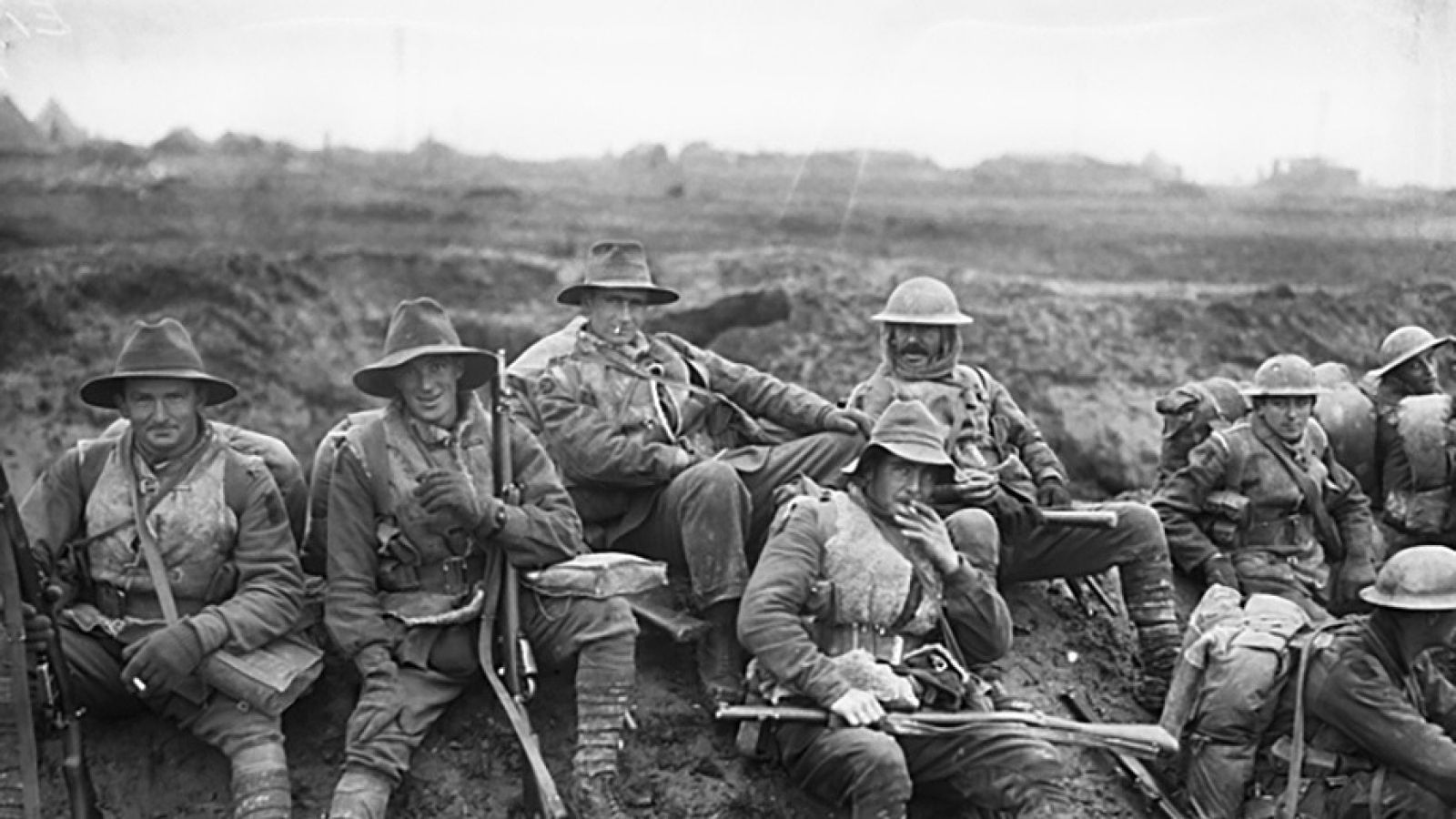Stories of The Great War find a home at ANU

The stories of the men and women of the Great War, those who lost their lives, those for whom war left an indelible mark, and those left behind, have found a new home at the Australian National University.
One Hundred Stories brings together insightful, thought provoking, and rarely seen accounts from the First World War. They tell essential stories of the hardship and tragic cost of war, the sometimes-implacable obstacles faced by those returning from conflict, and highlight the lesser known figures in Australia’s war history including Indigenous Australians.
Some of these stories paint a more complete picture of names we recognise, like John Monash. Known for commanding Australian troops at Gallipoli and the Western Front, his story reveals a sharp intellect, and talents in engineering, music and art. Or that of Sister Rachael Pratt, the battlefield nurse whose story of selflessly tending to the wounded despite her own severe injuries is often told. Yet whose mental struggles upon repatriation, haunting the rest of her life, are far less known.
These stories tell of the contribution of Indigenous service, of Aboriginal people whose identity was for too long obscure in our history books. In Charles Bean’s history of the First World War, only one Indigenous name appears, William Irwin. But there are many more stories out there, like Rufus and Cyril Rigney, Ngarrindjeri men from the Port Macleay Mission whose story reminds us of a hidden history, and the long road to equal citizenship.
There are stories of remarkable women, like Hilda Williams, a civilian nurse who volunteered at a quarantine station to tend to soldiers and military nurses infected by the Spanish flu. Within weeks, she died from the flu. And while the service personnel she cared for received marked graves, her final resting place is a wooden cross in the scrub, forgotten by time. Or the story of Elsie Tranter, an Australian nurse serving in France who recorded the feelings of those around her when peace was announced:
“At 11 am Church bells pealed out, bugles were blown, guns boomed and France went almost mad with joy. Pourquoi? Armistice has been signed. … [The] joy of the people was beyond bounds. Little children and adults too were singing and dancing in the streets, flags were flying from all windows, ... [everyone was] kissing almost everyone they met, first on one cheek then on the other.”
The same entry ended with way Tranter spent that day – tending to the legions of men who would die long after the guns stopped firing. One Hundred Stories brings these stories together in one valuable place, creating an invaluable online resource for students, researchers, or anyone seeking a greater understanding of our nation’s past. It includes expert commentary from leading scholars in the field and helpful advice on how to access recently opened archives.
The website is based on work by Professor Bruce Scates, Dr Rebecca Wheatley and Dr Laura James, and was formerly hosted at Monash University. The website, now a project hosted by the School of History within the ANU College of Arts and Social Sciences, aims to present engaging and carefully researched stories, prompting audiences to think about the past and conflict in new ways. It draws on a wide variety of sources to deliver original and compelling stories, embraced by academics and teachers since its original launch. Such was the response to the online project, it led to the publishing of a book, World War One: A history in 100 stories from Penguin Publishing and inspired a musical score, performed last year at the London Jazz Festival.
The new One Hundred Stories website is available at onehundredstories.anu.edu.au. The first fifty stories in the series are online now, with a further fifty to be published in coming months.